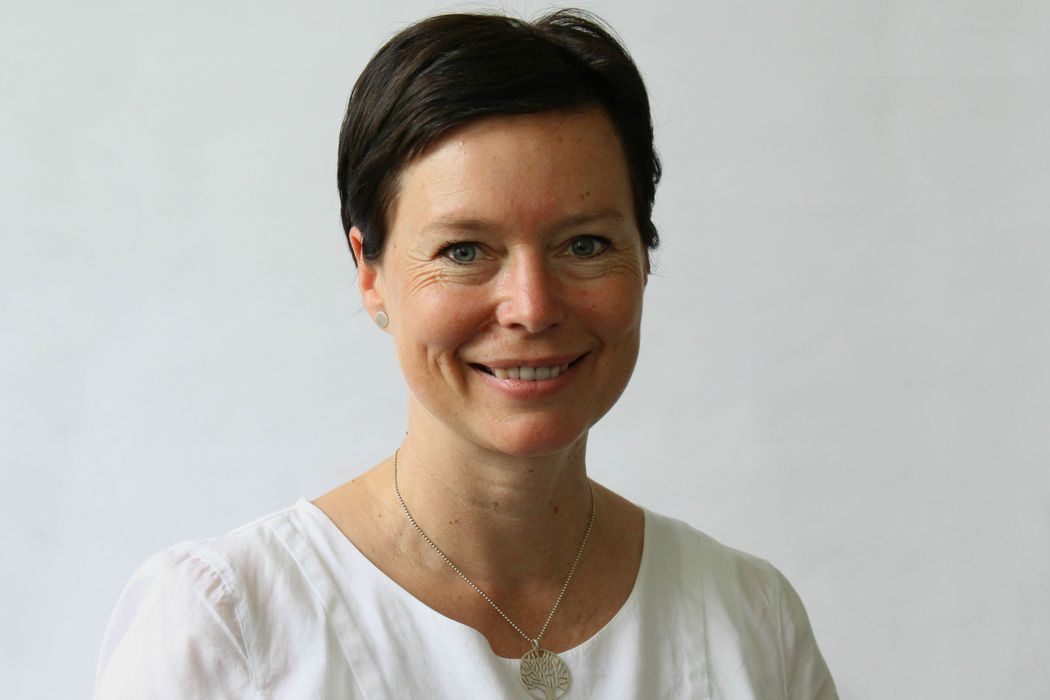In the six years since a cataclysmic 7.0-magnitude earthquake rocked Haiti, killing somewhere between 230,000 and 316,000 people and destroying much of the country's infrastructure, the country has faced a long, uphill road to recovery. While the effects of the tragedy remain in evidence in many areas of life, along with the challenges that they have brought with them, the resilience shown by the people of Haiti in responding to them is remarkable, especially considering setbacks such as Hurricane Sandy in 2012, and the severe drought of 2015. In the years since the earthquake, Malteser International has provided 11.3 Million euros worth of support in the form of relief, reconstruction and rehabilitation measures, and invested in initiatives designed to boost food security, develop skills, and support good health and hygiene. Lives have been rebuilt, hope has been found, and sustainable futures have been created.
Building, planning and learning for the future
Rebuilding a country following a severe natural disaster begins with clearing rubble, restoring infrastructure and providing shelter, as Jelena Kaifenheim, Malteser International’s Country Coordinator for Haiti puts it, however: “Young people are the key to the long-term future of any society, and we focus especially on supporting them, and providing them with the education they need.” Over the last six years, we have constructed 11 schools and 1 kindergarten: providing earthquake resistant facilities for the education of more than 1,700 students by over 100 teachers. Our long-term, integrated approach to aid means that we do not just seek to repair the damage from previous events; we try to make sure that the population is better prepared for the future. “We have trained nearly 7,500 students and 450 teachers at 26 schools how to respond to crises, and supported the formation of ‘school brigades’ – which should ensure timely evacuation and the provision of first aid in case of a disaster,” says Kaifenheim.
Protecting health and improving quality of life
The field of health is the primary focus of our work, and our interventions in this area have saved countless lives since the earthquake. We treated over 1,000 cholera sufferers for the deadly disease, and halted its spread through the population. Where we can, we seek to take preventative measures to prevent outbreaks in the first place. Following the earthquake, we provided close to 19,200 families in Haiti -Darbonne, Pétit-Goâve, Belle-Anse and Port-au-Prince- with aid including water buckets, soap, and aqua tabs – the first step in a long-term program of preventing disease by supplying clean water and supporting good hygiene. We continue this work for nearly 13,000 people in Cité Soleil, one of the largest slums in the Western Hemisphere. According to Jelena Kaifenheim, “The key to our work in Cité Soleil is our network of volunteers. The so-called Zone Leaders mobilize the community for better hygiene, cholera prevention, and nutrition and provide a comprehensive waste management system.”
In the video ‘City of Sun’, you can see for yourself the improvements that have taken place in City Soleil since the earthquake.
Along with hygiene, a good diet is foundational to good health, which is why we help to provide nutritious, locally grown food for nearly 1,200 Haitian families, as well as 900 small farmers in the southeast of the country, who benefited from an improved water supply system, seeds and new urban gardens.
You can find more about our work in Haiti here.









